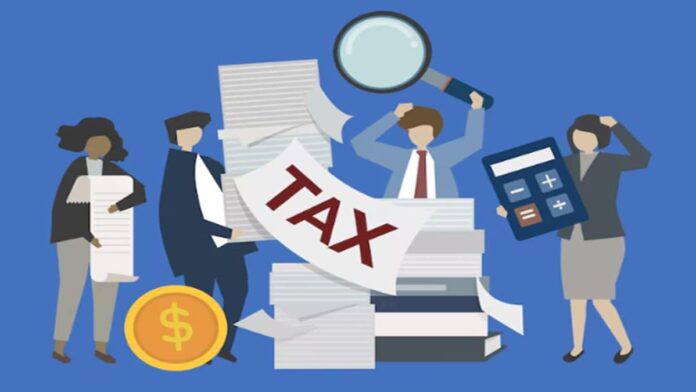The current Income Tax Act, 1961 uses the concepts of Previous Year and Assessment Year. In India, a year runs from April 1 to March 31, which is known as Previous Year, while Assessment Year is the following twelve-month period. As an illustration, the period from April 1, 2023, to March 31, 2024, is referred to as Previous Year 2023-24, which corresponds to Assessment Year 2024-25.
The concept of Previous Year and Assessment Year, thus, were creating confusion in the minds of taxpayers as they represented two different years. “In an effort to simplify the terminology and improve clarity for taxpayers, the new Income Tax Bill proposes to eliminate the concept of Assessment Year and replace the term Previous Year with ‘Tax Year’, which means the twelve-month period of the financial year commencing on April 1,” says Prashant Bhojwani, Partner, Corporate Tax, Tax & Regulatory Services, BDO India.
As per CBDT, a ‘tax year’ is a period of twelve months contained in a financial year. It replaces the term ‘previous year’ used in the Income-tax Act, 1961. Further, with the discontinuance of the use of the term ‘assessment year’ in the Income-tax Bill, now the term ‘tax year’ will now be used in relation to the rate or rates of income tax also. In addition, any assessment of the income or total income will also be done for a ‘tax year’.
Also Read: From PPF to ELSS, best tax saving options for FY2024-25
Use of the terms ‘previous year’ and ‘assessment year’ were creating confusion in the minds of the taxpayers as they represented two different financial years. The rationale for the use of two terms is no longer valid in view of alignment of ‘previous year’ with the financial year or part of the financial year (in specific cases). The term ‘Tax year’ is commonly used in income-tax legislation in comparable tax jurisdictions.
As a tax year can be a period which is less than the financial year in certain cases, the term ‘financial year’ has not been used while doing away with the terms ‘previous year’ and ‘assessment year’. However, many actions are carried out by tax authorities and other
stakeholders while implementing the tax law, being procedural actions and compliances, such as time period for filing returns, rectifications etc, which require reference to a financial year.
» Read More


